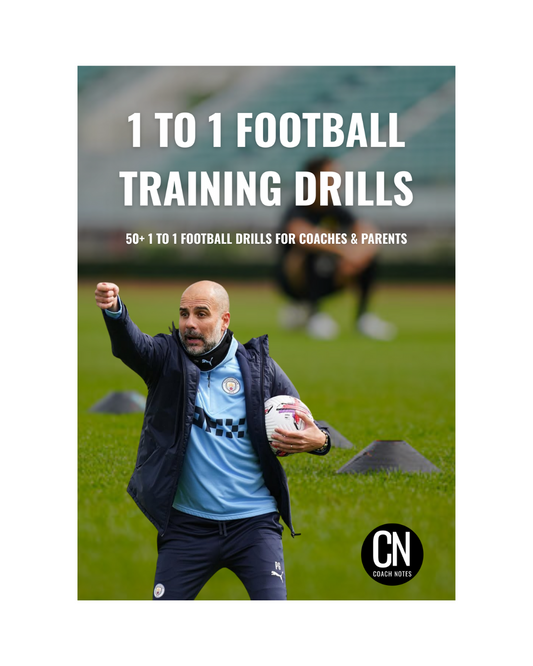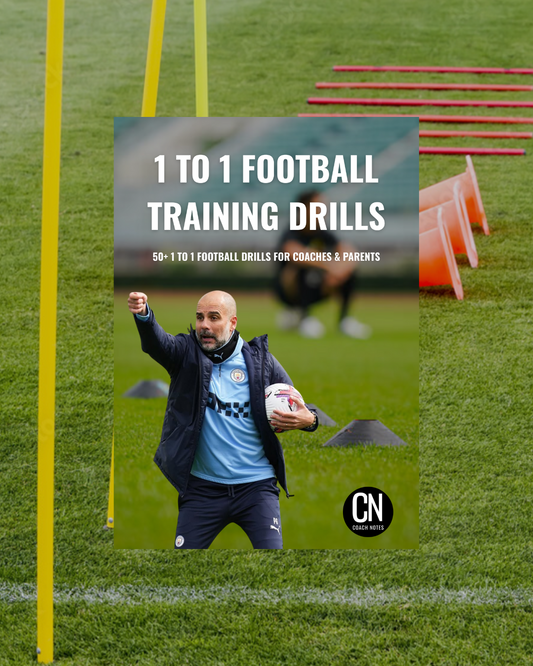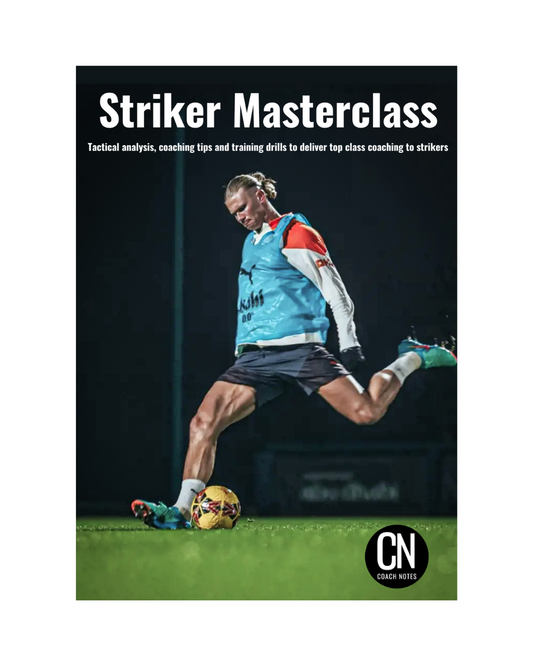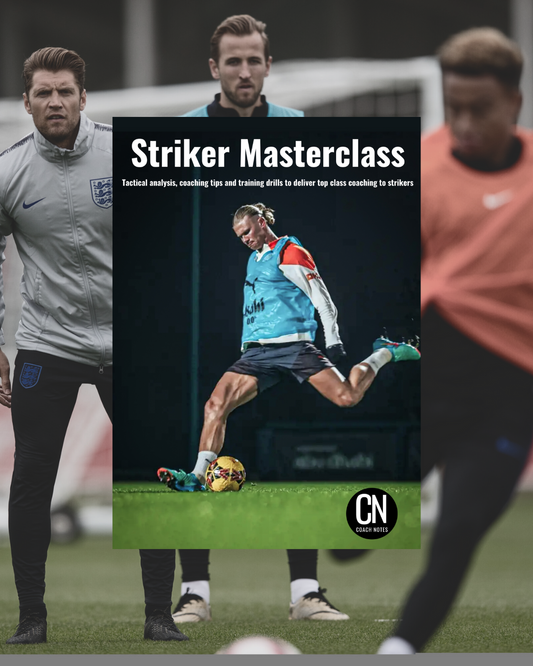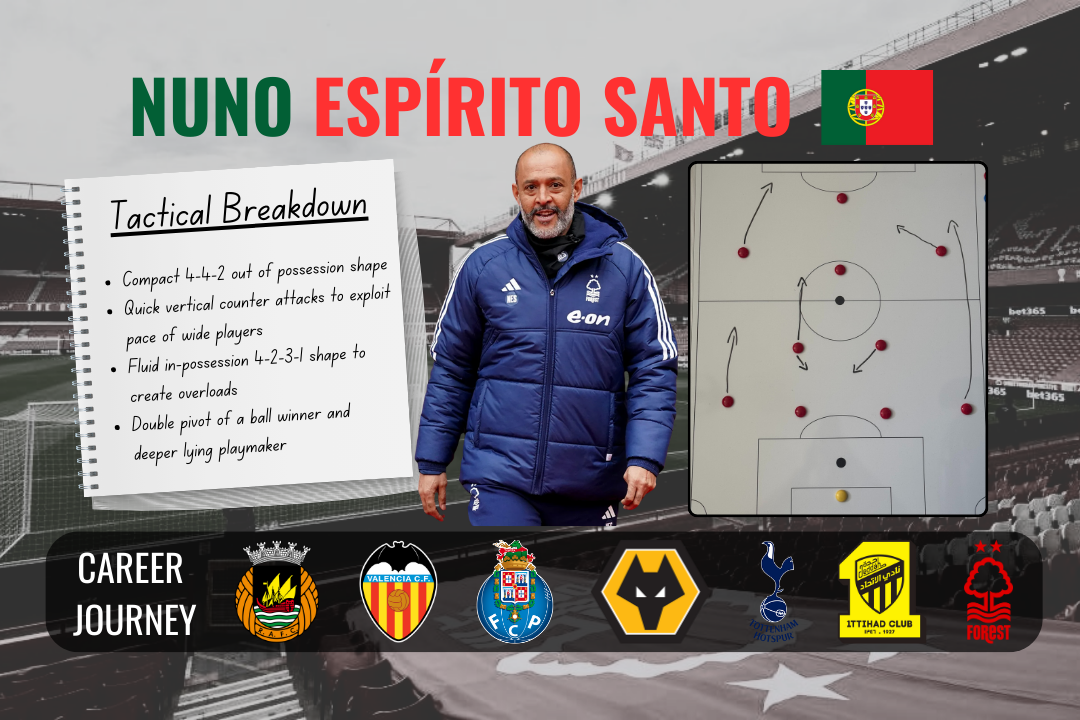
Nuno Espírito Santo
Share
Tactical Identity: The Coaching Philosophy of Nuno Espírito Santo
Nuno Espírito Santo has carved out a unique identity in modern football management, blending discipline with dynamism. From his early days as a goalkeeper to guiding clubs across Europe, Nuno’s coaching journey has been defined by intelligent structure, efficient transitions, and tactical flexibility. Let’s explore his background, philosophy, tactical ideas, and what coaches can learn from his approach.
Background and Career Achievements
Nuno Espírito Santo began his football journey as a professional goalkeeper, playing for clubs such as Porto, Deportivo La Coruña, and Dynamo Moscow. His coaching career started under the guidance of José Mourinho at Porto, where he was influenced by elite tactical thinking early on.
Clubs Managed:
- Rio Ave (2012–2014): Guided them to two domestic cup finals and qualification for the Europa League.
- Valencia CF (2014–2015): Achieved Champions League qualification with a 4th-place La Liga finish.
- FC Porto (2016–2017): Finished as league runners-up and gained Champions League experience.
- Wolverhampton Wanderers (2017–2021): Promoted to the Premier League, reached the Europa League quarter-finals, and redefined the club’s identity.
- Tottenham Hotspur (2021): A short spell that ended early in the season.
- Al-Ittihad (2022–2023): Won the Saudi Pro League and Saudi Super Cup, demonstrating his ability to succeed abroad.
- Nottingham Forest (2023–present): Tasked with stabilising and evolving a side fighting for Premier League consistency.
Trophies:
- EFL Championship (2017–18, Wolverhampton Wanderers)
- Saudi Pro League (2022–23, Al-Ittihad)
- Saudi Super Cup (2022–23, Al-Ittihad)
General Coaching Philosophy
Nuno Espírito Santo’s coaching philosophy is grounded in game control without dependency on possession. His sides rarely top possession charts, but they dictate rhythm through shape, anticipation, and efficiency. This philosophy stems from his days as a goalkeeper, where observation, patience, and timing were essential — qualities that have deeply influenced his managerial identity.
Core Values:
- Discipline over improvisation – He builds teams that respect tactical roles and game plans. Even flair players must buy into collective effort.
- Controlled aggression – Nuno’s sides are never reckless. Instead, they press in waves, collapse space methodically, and pounce when it suits their structure.
- Mental resilience – Especially at Wolves and Forest, he instilled a warrior mindset where the team embraced being compact and hard to beat, thriving in tight, low-margin games.
His sessions are known to simulate real-match intensity, with a clear emphasis on repetition under stress, decision-making in transition, and creating a strong sense of tactical identity throughout the squad.
In Possession & Offensive Transitions: Tactical Shape and Ideas
Nuno’s teams build their attacking identity on positional flexibility, verticality, and smart spacing. His attacking shape depends on the base formation, but common themes run across his teams.
Build-Up Concepts:
- 3+1 or 3+2 Shapes in Deep Areas: Either a midfielder drops between the centre-backs, or a fullback inverts into midfield to form a box, giving better angles against high presses.
- Wide Overloads and Central Isolation: Nuno likes his wide players to stretch the pitch, dragging opposition fullbacks out. This creates space for midfield runners to operate in half-spaces.
- Rotating Triangles: In the attacking third, he often uses interchanging triangles between winger, fullback, and attacking midfielder to manipulate defenders and open vertical lanes.
In Transition:
- Nuno doesn’t rely on volume-based possession but instead wants every possession to hurt the opponent. Once the ball is won:
- The nearest midfielder or defender looks immediately for a diagonal or through ball.
- Wide forwards start high and wide to receive early.
- Central players make forward runs to support the counter, aiming to overload disorganised defences.
His attacking transitions often lead to numerical superiority in wide areas and rapid entries into the final third.
Out of Possession & Defensive Transition: Tactical Shape and Ideas
Nuno’s defensive organisation is perhaps his most defining tactical strength. His teams are drilled with military-like precision in defensive shape, particularly in low and mid blocks.
Defensive Phases:
- Mid Block as the Default: His teams usually retreat into a mid block in a 5-4-1 or 4-4-2 shape, focusing on vertical compactness.
- Central Zone Protection: The midfield unit is narrow, often cutting off lanes to the opposition's #10 or central striker. Wingers drop into the midfield line, effectively creating a five-man midfield shield.
- Zonal Pressure, Not Man-Oriented: Players cover zones rather than chasing individual markers. This avoids opening gaps and maintains compact distances between lines.
Pressing Triggers:
- Backward Pass = Press On
- Lateral Ball to Wide Fullback = Trap
- Poor First Touch or Risky Turn = Collapse Press
In Transition (Defensive):
When possession is lost, the focus is:
- Immediate Counter-Press: If near the ball, surrounding players press aggressively to recover or delay.
- Delayed Reformation: If the ball can't be recovered quickly, the team drops into shape rapidly, with midfielders retreating centrally and wide players tucking in to protect zone 14 (the area in front of the box).
- No-Risk Clearances: Centre-backs are instructed to clear vertically or diagonally to allow time to reset — style is sacrificed for solidity in the danger zone.
What Coaches Can Learn from Nuno
Coaches at any level can draw multiple lessons from Nuno Espírito Santo’s coaching methods, especially those working with limited resources or teams expected to be under pressure more often than not.
Structure Creates Freedom
Nuno’s philosophy teaches that creativity flows best when underpinned by a clear structure. By providing defined roles and responsibilities, players gain confidence in their teammates’ positioning, allowing more calculated risks in attack.
Coach’s Tip: Create clarity in each player’s off-ball positioning. Use unopposed walkthroughs, shadow play, or freeze-frame video sessions to build tactical understanding.
Transition Is King
His sides are devastating on the break, not by flooding forward blindly, but by timing runs and playing forward early. His focus on game-speed transition drills makes it easy to apply this even at youth or grassroots level.
Coach’s Tip: Use drills like 4v2 transition waves or 6v4 overload counters to build timing, spacing, and decision-making in transition.
Defensive Resilience Wins Trophies
Nuno’s career has shown that being hard to beat is not negative football — it’s the foundation for consistent results. His sides are defensively intelligent, compact, and always mentally engaged.
Coach’s Tip: Run "defensive block" sessions with set pressing triggers. Mix functional practices (e.g., defending the wide area) with small-sided games that reward successful shape maintenance.
Adaptability Over Dogma
Perhaps most importantly, Nuno’s willingness to alter shape and approach depending on opposition shows that flexibility is a strength. His 3-4-3, 4-3-3, and 5-2-3 variants are tools, not identities.
Coach’s Tip: Develop at least two systems your players understand. Start with your base shape and introduce variations (e.g., 3-at-the-back out of possession) through phased learning.
Implementing Nuno’s Ideas in Your Own Team
- Training Small-Sided Games (SSGs): Use SSGs with tight spaces and recovery objectives to teach compact defending and transitions.
- Pressing Triggers Drills: Implement training where players press in response to backward or wide passes.
- Vertical Possession Exercises: Encourage central midfielders and centre-backs to play forward quickly with conditions that reward direct, accurate passes.
- Shape-Based Defending: Run tactical walkthroughs where your team learns to shift as a unit based on ball location.
Final Thoughts
Nuno Espírito Santo’s coaching legacy is still in the making, but his impact is already clear. Whether he’s orchestrating an underdog promotion, taking Wolves to Europe, or guiding Nottingham Forest through the Premier League storm, his tactical principles offer valuable insights for coaches across all levels.
For those seeking to develop structured, transition-focused teams with tactical intelligence, Nuno is a masterclass in balance and clarity.




